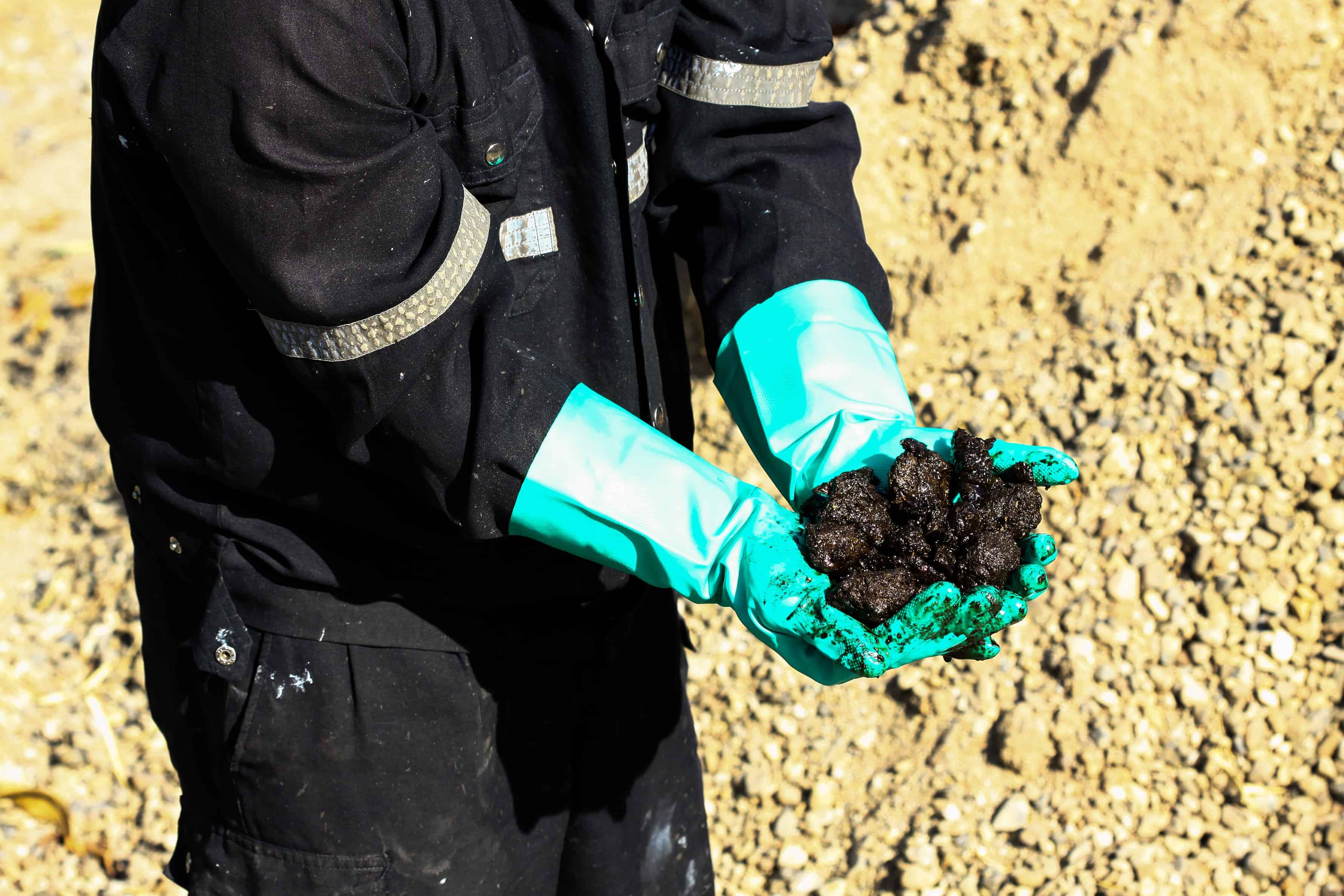News of Cenovus Energy Inc.’s (TSX:CVE)(NYSE:CVE) recent $17.7 billion acquisition of ConocoPhillip’s oil sands and Deep Basin natural gas assets which were previously shared between ConocoPhillips and Cenovus in a joint venture has sent Cenovus’ share price on a tumble since the announcement last month.
In fact, since the beginning of the year, the company’s stock price has declined by more than 30%. Investors have generally been wary of the commodities market, and most recently have been displeased by the large acquisition agreed to by Cenovus’ management team.
As a follow up to my article published Monday, I will be taking a look at what Cenovus’ plans may be for the assets it recently acquired.
Multinational oil companies choosing to exit Canada’s oil sands
Large multinational investors in Canadian oil sands operations have largely fled Canada’s oil sands recently due to the significant and sustained drop in commodity prices, effectively making Canadian oil sands operations less productive and profitable than other more efficient and environmentally friendly oil operations globally.
The harsh reaction investors had toward the decision for Cenovus to take 100% control of this previous joint venture may have had less to do with the purchase price paid by Cenovus and more to do with the signal the sale sent to existing investors. When a large and reputable multinational firm does their homework and due diligence and decides that it is no longer in their best interest to continue its operations in a specific area, it begs the question: why?
That said, let’s take a look at what the company plans to do to ensure it maximizes its value from this transaction.
Cenovus considering selling non-core assets received from the transaction
In a research note from analysts at Royal Bank of Canada, Cenovus indicated that it had received “several” inquiries from CEOs of other energy companies interested in purchasing some of the non-core assets Cenovus now owns.
In addition to a large portfolio of oil sands assets, other Deep Basin natural gas assets which were part of the recent asset purchase are now wholly owned by Cenovus. As such, the company has considered these assets “non-core” and may choose to liquidate some or all of their exposure to the natural gas portion of the deal.
The company’s balance sheet has taken a hit from this recent acquisition due to the large debt burden the company has taken on as a result of the purchase. While effectively doubling the company’s size and reach overnight, the large debt overhang from this transaction is one of the negatives that has been priced in by the market in the recent sell-off of the company’s stock price.
Estimates for how much the company may be willing to sell vary, but Cenvous may be able to raise substantially more than the $3.6 billion it has indicated it would potentially be interested in raising through asset sales.
Bottom line
Cenovus is a true Canadian name, and has become even more Canadian. Patriotic feelings aside, the economics of Canada’s oil sands have deservedly been questioned of late, and investors will have to weigh the probability of a sustained oil price rebound against the leverage and operating stress the company is currently under.
Regardless, it appears to me that the company’s interest in at least exploring the partial sale of some non-core assets is a good move, and one which should accordingly be viewed positively by the market.
Stay Foolish, my friends.







